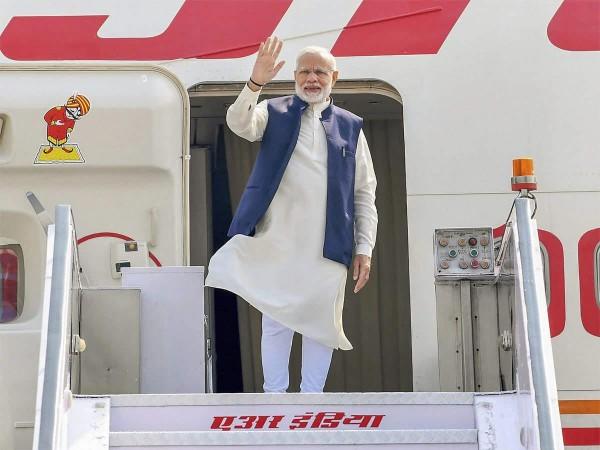A day ahead of Prime Minister Narendra Modi's visit to inaugurate the strategic Atal Tunnel beneath the Rohtang Pass, Union Defence Minister Rajnath Singh on Friday inspected the tunnel to review the arrangements. Himachal Pradesh Chief Minister Jai Ram Thakur welcomed the Defence Minister upon his arrival at the SASE Helipad near here.
Accompanied by Union Minister of State for Finance and Corporate Affairs, Anurag Thakur, and the Chief Minister, Singh then visited the Atal Tunnel. They also visited the north and south portals of the tunnel and reviewed the arrangements.

Director General of the Border Roads Organisation (BRO), Lt General Harpal Singh, briefed the Defence Minister about the salient features of Atal Tunnel and the preparedness related to the inauguration of this project of strategic importance.
Earlier, the Chief Minister visited the rally venues in Solang in Kullu district and Sissu in Lahaul-Spiti district to be addressed by Modi and took stock of the preparedness for the events.
PM Modi to inaugurate the strategically important all-weather Atal Tunnel
Modi will inaugurate the strategically important all-weather Atal Tunnel, the world's longest highway tunnel, in Rohtang on Saturday.
The function will be held at 10 am, said a statement from the Prime Minister's Office. The Atal Tunnel, which reduces the distance between Manali and Leh by 46 km and the travel time by four to five hours, is a 9.02 km-long tunnel.
It will connect Manali with the Lahaul-Spiti Valley throughout the year. Earlier, the valley was cut off for about six months each year owing to heavy snowfall. The tunnel is built with ultra-modern specifications in the Pir Panjal range of the Himalayas at an altitude of 3,000 metres (10,000 feet) above mean sea level.
The south portal of Atal Tunnel is located at a distance of 25 km from Manali at an altitude of 3,060 metres, while the north portal of the tunnel is located near Teling village in Sissu, Lahaul Valley, at an altitude of 3,071 metres.

It is a horseshoe-shaped, single tube double-lane tunnel with a roadway of 8 metres. It has an overhead clearance of 5.525 metres. It is 10.5-metre wide and has a 3.6 x 2.25 metres fire-proof emergency egress tunnel built into the main tunnel itself. The Atal Tunnel has been designed for a traffic density of 3,000 cars and 1,500 trucks per day with a maximum speed of 80 km per hour.
It has state-of-the-art electromechanical systems, including semi transverse ventilation system, SCADA-controlled firefighting, illumination and monitoring system. The historic decision to construct a strategic tunnel below the Rohtang Pass was taken on June 3, 2000 when the late Atal Bihari Vajpayee was the Prime Minister.
The foundation stone for the access road to the south portal of the tunnel was laid on May 26, 2002. The Border Roads Organisation worked relentlessly to overcome major geological and climatic challenges, that included the most difficult stretch of the 587-metre Seri Nalah Fault Zone.
The breakthrough from both the ends was achieved on October 15, 2017. The Union Cabinet, under the chairmanship of Modi, had on December 24 last year decided to name the Rohtang Tunnel as Atal Tunnel to honour the contributions made by the former Prime Minister.

















